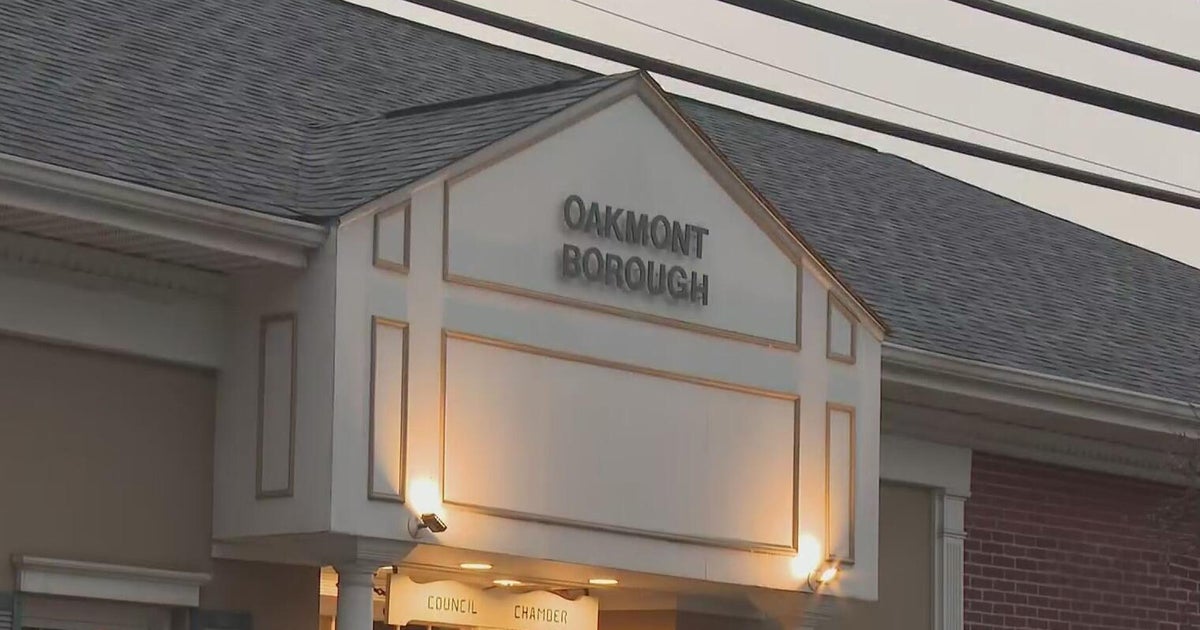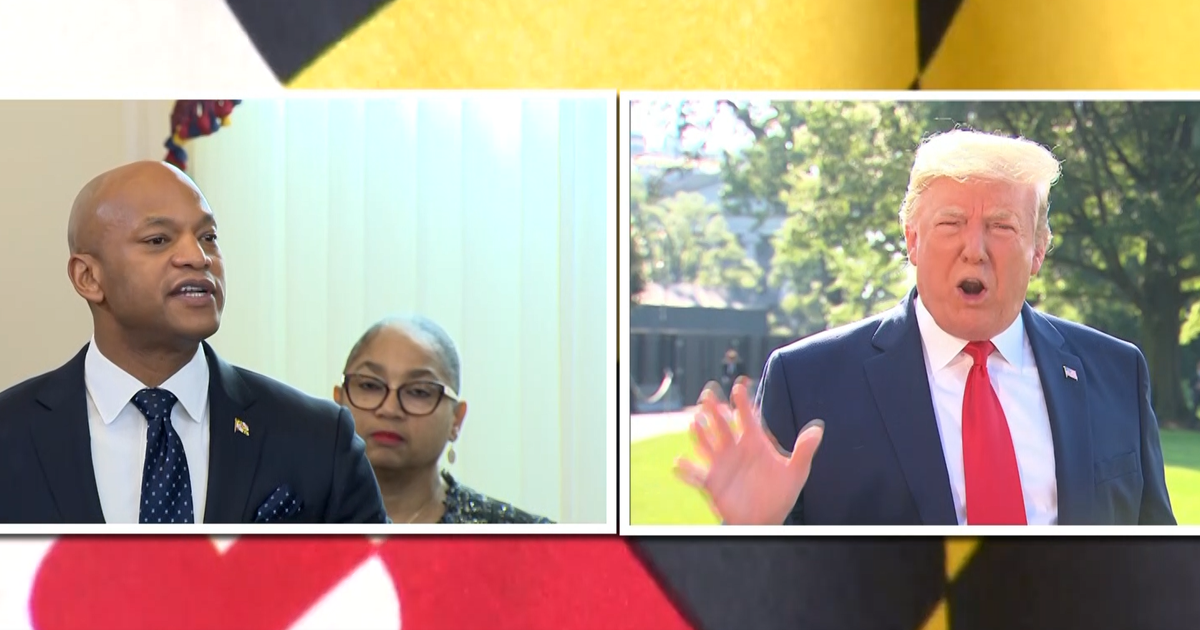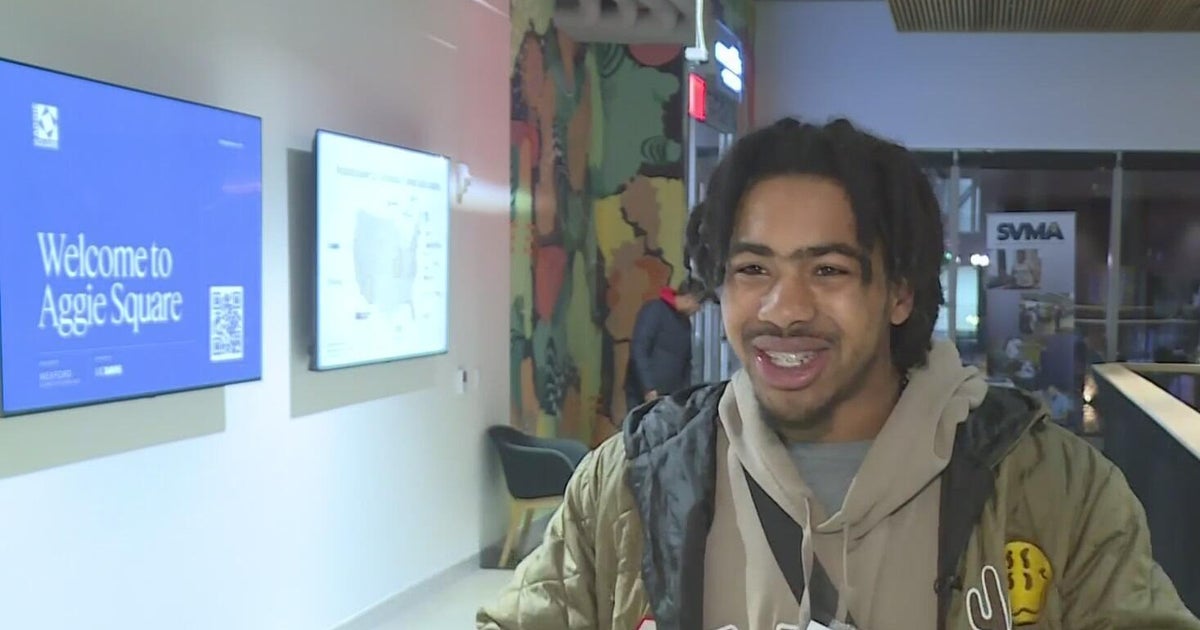Indian tech workers in Silicon Valley protest immigration discrimination
SAN JOSE -- With thousands of Central America refugees converging on the U.S. southern border, the issue of immigration is heating up this week. It's a fight that usually centers on a fear of Americans losing their jobs. But there are some immigrants who were invited here specifically because their skills are needed and they say even they are being let down by the system.
The thirty or so people who marched in San Jose Sunday were not immigrants demanding to enter this country. They've already been here -- some for decades. They were recruited from India to work in the Silicon Valley tech industry using H1B visas. Using H1Bs, employers can legally hire foreign workers who have specific skills and, once here, they usually qualify for a permanent green card within a year or two. Unless, that is, they come from India...
"We all have applied for a green card and it has been approved. Only thing is, we need to wait 150 years to get a green card," said Akhilesh Malavalli. "A hundred fifty years! I'll be dead. I'll be dead by the time we see a green card."
There is a cap on the number of skills-based green cards that can be issued to any one country of origin and there are so many workers from India, getting one has become practically impossible.
Sunday, the workers protested in front of the San Jose home of congresswoman Zoe Lofgren, demanding that she fulfill a promise to bring a bill to the House floor for a vote. HR 3648 would remove national origin as a consideration for getting a skilled-worker green card.
"What we are fighting for is basic equality," Malivalli said. "Treat us based on what skills we bring to this nation and not necessarily based on where we were born."
That's vital to the protesters because, with H1B visas, workers who lose their jobs for any reason have only two months to find a new employer who would be willing to apply for a new H1B on their behalf.
"You know, there will be layoffs and suddenly you're lost," said Prashant Prasad. "You have 60 days to find another job and stay in the U.S. and otherwise you become illegal."
Even if they maintain their jobs, under H1B children of workers must leave the country when they turn 21 even if they've lived here their entire lives. Unlike green-card status -- which also covers dependents -- if an H1B worker should die, their entire family must leave the country.
"Every month, there's someone who passes away," Prasad said, "And their dependents are now suddenly -- their lives are in disarray because, legally, they cannot stay here. So, they have to go back."
It doesn't sound like the proper way to treat an invited guest.
"You do everything right to be here. You probably are among the best in the industry in terms of skill sets," Prasad said. "But, when it comes to this, you're stuck."
Representative Lofgren is the lead sponsor of the HR 3648 and chair of the House subcommittee on immigration. The protesters said they want her to bring the bill up for a vote in the coming week.







